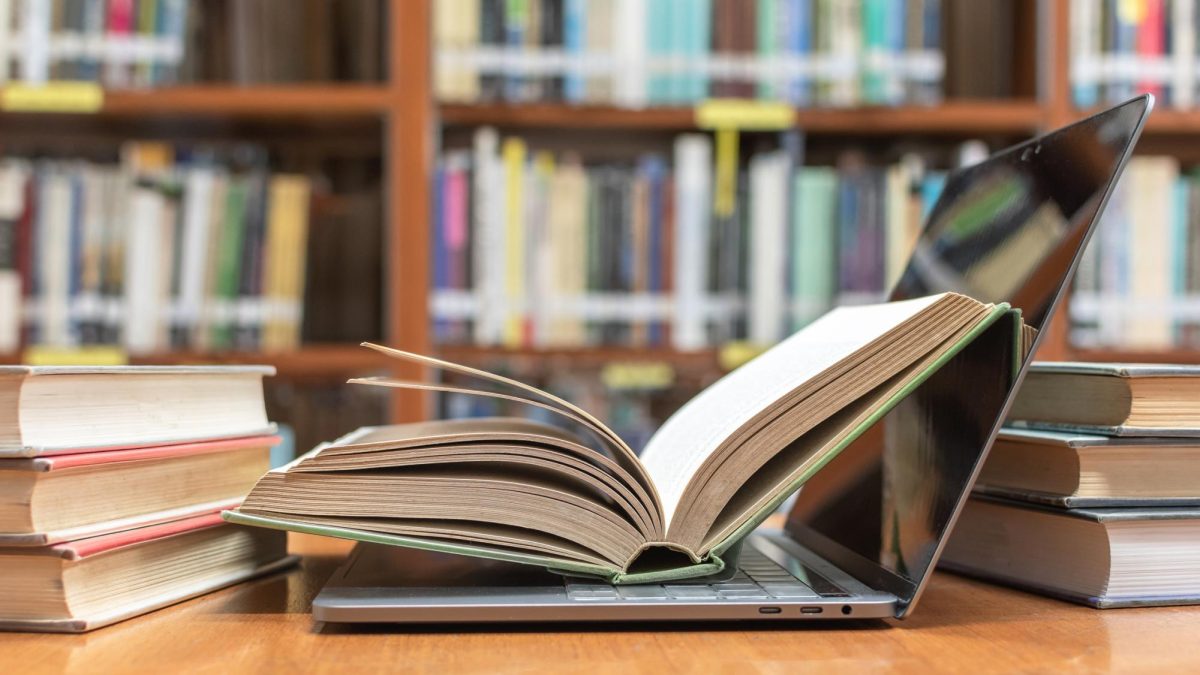As we come to the final stretch of the school year, end-or-year assessments, AP exams, and final exams are right around the corner. School in general can be stressful, but extra assessments always elevate the feeling so we wanted to lay out a few tips. This is by no means a comprehensive list of ways to destress or make studying more manageable, but are just a few things that work for me or my friends, or that Ms. Corcoran and ARL recommended.
1.) Switch up how and where you’re studying:
- Try working standing up, outside, in different rooms in your house, or at a coffee shop if you start feeling tired of studying.
- If you’re only studying by reading your notes, try a different method such as quizzing yourself with flashcards, making an outline of the information, explaining the concept(s) out loud, watching a review video, etc.
2.) Take breaks:
- Taking breaks are really important, but remember to take breaks that correspond to the amount of time you’ve been working. So if you work for 25 minutes take a shorter break (like 5 minutes), but if you work for an hour or an hour and a half at a time, take longer breaks (closer to 20-30 minutes).
- There are two types of breaks/rest and both can be useful in moderation: active rest and inactive rest. Active rest are activities like working out, drawing, cooking/baking, hanging out with friends, or doing a puzzle that keep your brain or body engaged. Whereas inactive rest includes activities like taking a nap, watching TV, or showering that give your brain more of a full break. Finding a balance between the two that works for you is important to feeling rested and ready to work after a break.
3.) Try to Keep your thinking in perspective:
- Remember that tests or exams rarely make or break your academic career. One lower-than-normal grade in the gradebook will of course lower your average a little, but it often doesn’t have the massive, catastrophic effect you might be worrying about.
- Give yourself some grace if you feel like you’re behind on studying or not understanding something everyone else seems to get easily because you are a different person and those extra negative feelings will only make it harder for you to focus.
4.) Make a plan:
- I find it useful to think through or write down what work I have to get done and then create a schedule based on those tasks. If you need help getting started, stop by the ARL for help or, if it’s exam time, ask for one of the study calendars they make for midterms and finals.
- Also, I find it helpful to let family members (or people you live with) know that you will be studying at certain times so they know to keep the house a bit quieter, not make family dinner plans, etc. It can also be useful to let them know that, because you have big assessments coming up, you will be really busy and have less time to help around the house because you will be devoting more time to your school work.
5.) Take care of yourself:
- One of the most important things you can do to take care of yourself is always to get enough sleep. Of course this varies from person to person, but getting enough sleep and keeping a regular sleep schedule allows you to feel better and be more productive during the day. Sleep is especially important the night before assessments/exams, but it can be hard to relax. So before going to bed the night before an exam, try to stop studying at least 30 minutes before going to bed. Do something that will help you relax because this will help you sleep better.
- Remember to do what can often seem like the “small things” when you’re not stressed but seem like a chore when you are, like showering, brushing your teeth, and changing out of your pajamas (even if you’re just studying).
- Eating enough nutritious food and hydrating on a regular basis will also help you have more energy and feel more settled. Be careful of having too much caffeine or having caffeine too late in the afternoon/at night because this will make it harder to sleep well.
Remember to be proud of yourself for everything you accomplish! Happy studying!!













